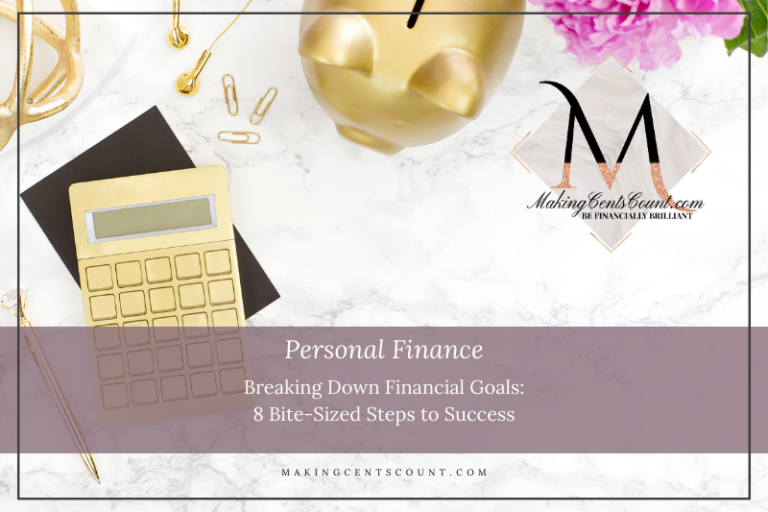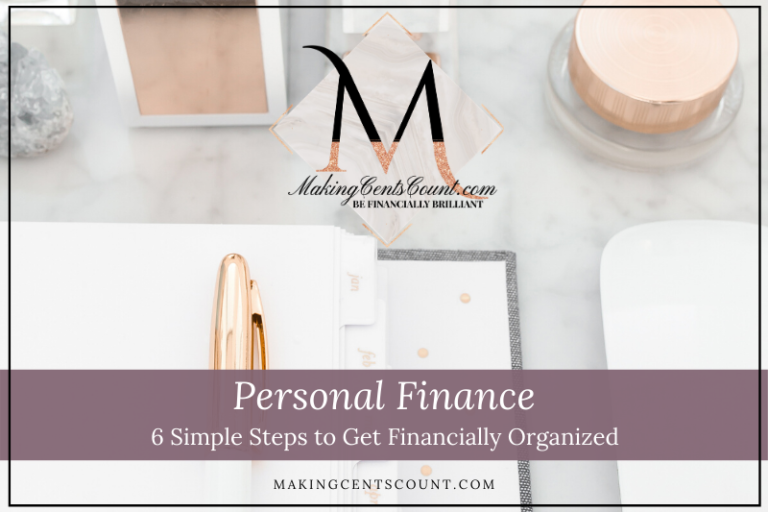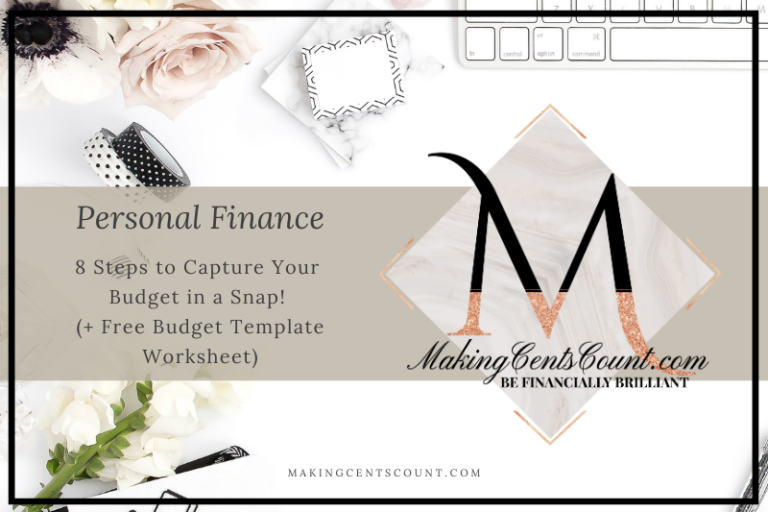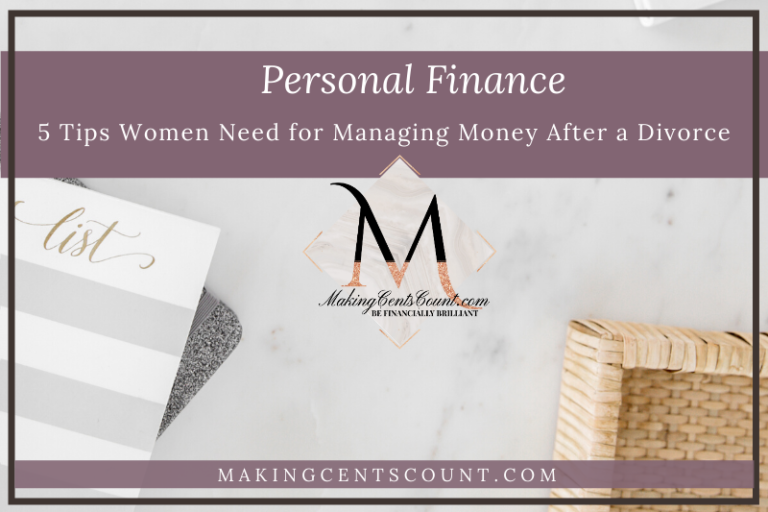8 Clever Ways to Build Your Emergency Fund Without Breaking the Bank
Estimated reading time: 10 minutes
Building an emergency fund is crucial for financial security, but it can feel daunting when money is tight. However, there are creative strategies to gradually boost your fund without straining your budget. By starting small and setting achievable goals, you can steadily increase your savings. Whether it’s cutting back on unnecessary expenses, exploring side hustles, or automating savings transfers, these approaches can make a significant difference over time. With a proactive mindset and a commitment to saving regularly, you can build a robust emergency fund to weather unexpected financial challenges.
Table of Contents
- 1. Kickstart Your Financial Goals: Set a Budgeting Target Today
- 2. Building Your Emergency Fund: Find an Accountability Partner to Achieve Your Goals
- 3. Change for a Rainy Day: Turn Leftover Coins into Your Emergency Fund
- 4. Cash-Only: Slash Your Spending Habits Effortlessly
- 5. Protect Your Cash: Conceal Your Credit Card to Amp Up Your Emergency Fund
- 6. Boost Your Budget with a Side Hustle
- 7. Turn Clutter into Cash: Transform Your Extra Stuff into Fast Cash
- 8. Put Your Refund or Windfall Away to Quickly Build Your Emergency Fund
- Start Your Emergency Fund Today: A Must for Financial Security
- Making Cents Count Financial Organizer
Are you ready to start investing, control your finances, and prepare for retirement? Join our amazing community! You’ll receive exclusive financial tips from Making Cents Count, as well as unlimited FREE access to our resource library full of money-saving tools and guides.
1. Kickstart Your Financial Goals: Set a Budgeting Target Today
Embark on the journey of a thousand miles by taking that crucial first step. Dive right in by setting an initial emergency fund target (typically recommended at $1,000 to $2,000). Without a savings goal, you lack a clear focus and direction for your efforts. Establishing a goal not only provides a benchmark for progress but also motivates you to track your financial journey effectively.
Lacking a goal results in missing your target 100% of the time. Conversely, pinpointing your goal precisely and achieving it is immensely rewarding.
Set a monthly or weekly goal (depending on your budgeting style) and commit! By allocating just $20 per week, you’ll progress $80 towards your emergency fund goal by month-end.
By consistently achieving your goal, you’ll receive a small boost of positive reinforcement. Embrace this feeling and leverage it to maintain your motivation, steadily growing your emergency fund.
2. Building Your Emergency Fund: Find an Accountability Partner to Achieve Your Goals
Research indicates that sharing goals enhances the likelihood of achieving them. Individuals who share weight loss goals tend to be more successful than those who do not. This collaborative approach also proves effective in saving money.
You don’t have to disclose all your financial information to friends or family—choose someone close, such as your significant other or a trusted friend, to help keep you accountable. No need to divulge every detail; simply mention you’re saving for a big purchase or integrating an emergency fund into your budget.
If others inquire about your activities, you can explain that you’re cutting back on going out to save money. Your inner circle will understand and assist you in reaching your financial goal. As for those who don’t, their opinions are inconsequential.
By sharing your goals with a trusted individual, you’ll enhance your sense of accountability and receive valuable support. It’s common not to want to disappoint others or admit when we fall short of our objectives. Leverage this mindset to your benefit. Engage your support network as they can serve as a valuable resource in keeping you motivated.
3. Change for a Rainy Day: Turn Leftover Coins into Your Emergency Fund
Having established the appropriate mindset for creating and building an emergency fund, the next step is to address the practicalities of freeing up funds within your budget.
Do you utilize cash for your purchases? If not, it’s time to begin! Cash aids in keeping you on budget (as it’s more challenging to spend physical cash versus swiping a debit card), plus, you get the added benefit of spare change.
Nickels and dimes may appear insignificant, yet this leftover change can swiftly bolster your emergency fund. It may sound simple, but trust me, it works! Gather up the spare change and deposit it into a jar. You’ll be amazed at how rapidly it adds up.
Once your coin jar is full, consider visiting the bank to utilize their coin machine. Alternatively, some grocery stores offer coin machines, albeit with a service fee. Once you receive the payout, promptly allocate it to your emergency fund.
For those not using cash (more on that shortly), there are nifty apps available that round up your change and deposit it into your savings. Although I haven’t tested these myself, I’ve heard great reviews. I’m currently exploring the top app options and will share them in our resources once I gather more details.
4. Cash-Only: Slash Your Spending Habits Effortlessly
When it comes to utilizing a cash budget, make a solid commitment to opt for cash payments whenever feasible. By doing so, you’ll notice a natural reduction in your spending habits effortlessly.
Cash is remarkably effective, but why? The answer lies in our deep affinity for cash. The mere presence of cash makes us reluctant to part with it. And when we do use it, witnessing its decrease is unsettling. This psychological attachment underscores that cash signifies security.
Embrace a cash-only lifestyle and experience the incredible realization that you can live without what you once deemed essential. The act of parting with physical currency truly reshapes your perspective on needs versus wants.
Another advantage of using cash is that it can help individuals manage their finances more effectively by physically allocating money into separate envelopes. If you prefer tangible methods over abstract concepts, a cash budget could be highly effective for you.
5. Protect Your Cash: Conceal Your Credit Card to Amp Up Your Emergency Fund
To build a robust emergency fund, prioritize halting any further accumulation of debt. While this may pose a challenge, particularly if you’re accustomed to leaning on credit cards, it is a pivotal step towards curbing excessive spending.
Let’s delve into the realm of credit card debt and the persistent high balances that linger month after month. The allure of instant gratification often leads us to swipe our credit cards without hesitation, deferring the worry about the impending bill to a later time. But is this fleeting pleasure truly worthwhile in the grand scheme of things?
According to the current reports on consumer debt, I’m thinking not. The average American has about $20,221 in credit card debt, and for cards accruing interest, the average 22.75%.
Essentially, we find ourselves in a challenging cycle with our plastic usage. To establish and build upon your emergency fund, it’s crucial to address your credit card debt. The first step is making a commitment to cease using your card. Store it securely out of reach, perhaps in a drawer or encased in a block of ice in the freezer, to regain control over your spending habits.
6. Boost Your Budget with a Side Hustle
If you have a full-time job, launching a side hustle can help increase your income, fortify your budget, and build up your emergency fund.
A side hustle doesn’t have to be a drag. There are plenty of enjoyable side job opportunities that can boost your income. To find the right fit for you, explore The Side Hustle Strategy to Less Debt, which will help you narrow it down. If you have a full-time job, opt for a side hustle that brings you joy rather than misery. Choose something you genuinely enjoy.
Moreover, you can frequently discover a side hustle right from the comfort of your home. With the growing online business community, it has become simpler than ever to secure swift and straightforward gigs.
When looking for the perfect side hustle, consider your schedule, talents, and comfort with risk. The goal is not to overwhelm you or add complexity to your life; it’s about discovering simple methods to make money so you can be ready for any unexpected expenses.
7. Turn Clutter into Cash: Transform Your Extra Stuff into Fast Cash
If starting a side hustle isn’t your thing, there’s another approach to kickstart your emergency fund: sell your extra stuff. Let’s face it — we all tend to accumulate too many things cluttering our homes.
Check your closet – are there shoes, purses, or clothes you no longer wear? Gather these items and kickstart the selling process to declutter your space.
Collectibles, sporting equipment, vintage knickknacks, music, and sports memorabilia all hold significant value in the online market. By decluttering your home and closet, you not only create a more organized space but also free up funds to build your emergency fund.
Explore diverse online avenues to sell your items. Local platforms such as Craigslist and Facebook Marketplace, along with online options like eBay, ThredUp, or Poshmark, offer opportunities. Recall the adage, “One woman’s trash is another woman’s treasure” — there’s always someone interested in purchasing your items!
When looking to the future, make strategic investments in high-quality products. I’ve observed that selecting items with enduring excellence leads to greater appreciation. Allocate your resources towards investments that promise lasting value and fulfillment.
8. Put Your Refund or Windfall Away to Quickly Build Your Emergency Fund
Did you receive a tax refund this year? If yes, what do you intend to do with it? While it might be tempting to splurge on something you’ve had your eye on, perhaps it’s an opportune moment to consider a different approach.
Rather than indulging in a big purchase, consider investing in something smaller and allocating the majority of your refund to your emergency fund. This extra cash can kickstart your emergency savings without affecting your monthly budget.
When you receive cash gifts for your birthday or holidays, stash that “extra money” into your fund. Got a work bonus? Absolutely, allocate it to build your emergency fund. Once your emergency fund is solid, utilize the funds to clear a credit card balance or settle a bill.
Indulge in a small treat, but consider using your bonus wisely by bolstering savings and reducing debt. Your future self will thank you for it.
Start Your Emergency Fund Today: A Must for Financial Security
Saving for unexpected emergencies may seem overwhelming. The key is to begin building your emergency fund immediately, regardless of the initial amount saved.
Emergencies strike unexpectedly, highlighting the essence of their nature. While you may lack sufficient funds to fully cover them, your savings play a crucial role in mitigating their financial impact. They enable you to chip away at the bill, with each contribution, no matter how small, making a significant difference.
If working on your finances is one of your goals right now (or, maybe it’s been a goal for some time), I suggest starting with the Making Cents Count Financial Organizer.
Our financial organizer is the robust answer you need. The organizer is our DIY financial services option, providing you with the tools to eliminate financial overwhelm.
- Clear strategies to get your finances under control
- Processes to organize and streamline your investments
- Guidance to track your legal documents, tax information, and permanent records
- Markers to know when you should meet with an attorney to establish a will or trust
- Templates, checklists, and step-by-step actions
- Insights on the financial-must haves to build a secure future
- Detailed How-To Guide for optimal results
If you want financial confidence, grab the Financial Organizer, and get results that fit *your* lifestyle!
Making Cents Count Financial Organizer
Once you get your budget rolling, check out my post on 6 Simple Steps to Get Financially Organized. This post also includes a helpful checklist available in my Resource Library (free to access).
Admittedly, this particular checklist has a larger-scale focus on your overall financial picture, but I genuinely feel that getting your finances organized is essential.
I’m so excited to invite you to join our Financial Success Society Waitlist! Our enrollment opens soon (so don’t miss a chance to get on the notification list). Your journey to financial success is unique and with this exclusive membership, you’ll receive the guidance you desire, enabling you to move financially, no matter where you are in your financial journey. At Making Cents Count, we offer an array of outstanding products and services to help you get control of your finances so they won’t control you!







